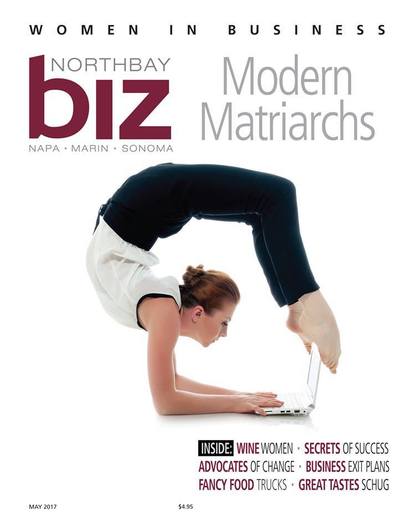By Lorraine Alexander, DASA Meditation
NorthBay biz magazine - Guest column, May 2017
Swimming in the sea of business
For those who swim in the competitive sea of business, the focus for most is to stay on top, to stay in control and in a power position. This has to do with pride and ego, not leadership. True leadership rises above this. True leaders are courageous enough to realize the ultimate goal is the greater good—not landing on top. They’re not afraid to seek a new vision that might not be readily accepted. They are true to who they are, their beliefs, their unique talents, and yet they welcome new and fresh concepts while fostering a healthy respect for the talent that surrounds them. David DeSteno, a professor of psychology at Northeastern University, writes, “One of the ways meditation helps foster compassion is by decreasing the ‘us/them’ distinctions that separate people from one another.”
Why meditation naturally cultivates leadership
If you think that meditation is a bunch of mumbo jumbo--not so fast. Neuroscience and neuropsychology prove that the brain actually changes in profound ways. The brains of meditators are in fact healthier. Studies show the hippocampus (the memory and learning center) can improve in as little as eight weeks, with impressive improvements in stress reduction, mood, focus and creativity.
How meditation develops great leaders
Meditation helps develop strong leaders in seven important ways.
1. Self-Awareness. Meditation cultivates self-awareness—a vital component for personal growth. Self-awareness is conscious knowledge of one's own self, including character, feelings, motives, and desires. This level of personal awareness is the essential brick-and-mortar of leadership.
2. Flexibility. Meditation reduces stress, allowing us to perceive change with greater ease. Because of this relaxed state-of-being, and positive spirit, meditators tend to “go with the flow.” They’re flexible, and they embrace change.
3. Openness. Meditators expand their awareness and begin to fully understand their own strengths and weaknesses. They learn to accept them, while striving to improve them. A total acceptance of self, allows for an open, straightforward approach—a noteworthy trait of leadership.
4. Compassion. Think of the most remarkable and memorable leaders of in the world; compassion is the common thread between them. Compassion allows us to look away from our personal agenda, and rise above to include a good result for all.
5. Creativity. Mediation dissolves the stress that blocks creativity, allowing the creative mind to expand. With expanded creativity, we think outside of the box, dream of new possibilities, and create innovative solutions.
6. Focus. Often, there's so much chatter going on in our heads, we can’t seem to focus. Worries and distractions continue to float to the surface as we try to concentrate. Meditation quiets and calms the mind, allowing for a clear path for the task at hand.
7. The 10,000-foot view. Meditation fine-tunes your instincts, like a sixth sense. In simple terms, the more in-tune you are with yourself, you naturally become aware of the needs of others. This way of being in tune with self, others, and the universe, allows you to cultivate intuition and expand awareness, offering the highest perspective of all.
As Ray Dalio, billionaire and founder of Bridgewater Associates the world’s largest hedge fund firm, said during an interview in 2012, “Meditation more than anything in my life was the biggest ingredient of whatever success I’ve had.”
A powerful tool
Personal development can be challenging. It takes a deep commitment to embrace change. Meditation is a powerful tool that you'll have in your hip pocket for a lifetime. It can pave the road for a smoother trail ahead, and help you develop priceless leadership skills. From there, to quote the urban slang, "It's all you."
| As executive director of DASA Meditation, Lorraine Alexander leads teachers’ trainings, lectures and coordinates business programs. She formerly led both the U.S. Green Building Council’s Redwood Empire and the Pacific Region as chair. She learned to meditate at the age of 15, and attributes meditation to her success in business and organizational development. Contact her at (707) 620–5070, or [email protected]. For more information, go to www.dasameditation.org |





 RSS Feed
RSS Feed

